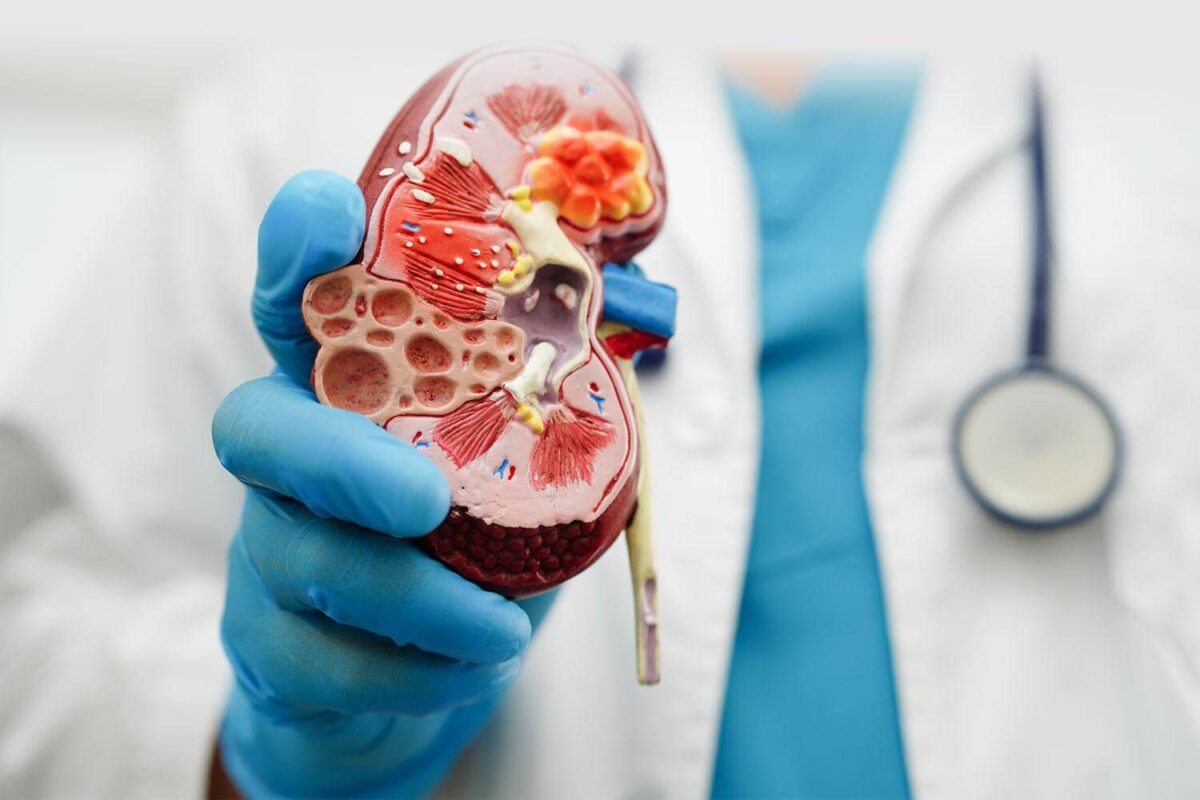Specialty Care Clinics: Your Partner in Chronic Kidney Disease Management
Chronic kidney disease (CKD) is a progressive condition that affects millions of people worldwide. It occurs when the kidneys are unable to function properly, leading to a buildup of waste products in the blood. Specialty care clinics play a crucial role in providing comprehensive care for individuals with CKD, offering a range of services to help manage the condition and improve quality of life.
Understanding Chronic Kidney Disease
CKD is a progressive condition that can lead to kidney failure if left untreated. The early stages of CKD may not cause any symptoms, but as the disease progresses, individuals may experience:
- Fatigue Feeling tired or exhausted.
- Shortness of Breath Difficulty breathing.
- Swelling Swelling in the feet, ankles, or legs.
- Loss of Appetite Decreased appetite or nausea.
- High Blood Pressure High blood pressure is a common complication of CKD.
- Anemia A decrease in red blood cells, leading to fatigue and weakness.
The Role of Specialty Care Clinics
Specialty care clinics are equipped to provide comprehensive care for individuals with CKD. These clinics offer a range of services, including:
- Diagnosis and Assessment Thorough evaluation of kidney function and identification of underlying causes.
- Treatment Plans Customized treatment plans tailored to individual needs and the stage of CKD.
- Medication Management Prescribing medications to manage symptoms, slow the progression of CKD, and treat complications.
- Lifestyle Modifications Providing guidance on lifestyle changes, such as diet, exercise, and fluid intake, to help manage CKD.
- Dialysis Education Preparing individuals for dialysis if necessary.
- Kidney Transplant Evaluation Evaluating patients for potential kidney transplant candidates.
Managing CKD: A Multifaceted Approach

Managing CKD requires a multifaceted approach that involves a combination of medical treatments, lifestyle modifications, and support services.
- Medications Medications can help manage symptoms, slow the progression of CKD, and treat complications such as high blood pressure and anemia.
- Diet and Nutrition A healthy diet can help manage CKD by limiting sodium, potassium, and phosphorus intake.
- Fluid Management Monitoring fluid intake to prevent fluid overload.
- Exercise Regular exercise can help improve cardiovascular health and manage symptoms of CKD.
- Stress Management Managing stress can help reduce the impact of CKD on overall well-being.
The Importance of Early Detection and Prevention
Early detection and prevention of CKD are crucial for improving outcomes. Regular check-ups and screenings can help identify early signs of kidney disease and allow for timely intervention.
- Risk Factors Individuals with certain risk factors, such as diabetes, high blood pressure, or a family history of kidney disease, are at increased risk for CKD.
- Regular Check-ups Regular check-ups with a healthcare provider can help identify early signs of kidney disease and allow for timely intervention.
- Lifestyle Modifications Making healthy lifestyle choices, such as maintaining a healthy weight, avoiding smoking, and limiting alcohol consumption, can help reduce the risk of CKD.
Living with CKD
Living with CKD can be challenging, but with proper management, it is possible to maintain a good quality of life. Specialty care clinics can provide the support and resources needed to help individuals with CKD navigate their condition.
- Support Groups Connecting with others who have CKD can provide emotional support and practical advice.
- Coping Strategies Developing coping strategies to manage the challenges of living with CKD.
- Planning for the Future Planning for future healthcare needs, such as dialysis or a kidney transplant.
Dialysis and Kidney Transplantation
In advanced stages of CKD, dialysis or a kidney transplant may be necessary.
- Dialysis Dialysis is a procedure that filters the blood when the kidneys can no longer function properly. There are two main types of dialysis: hemodialysis and peritoneal dialysis.
- Kidney Transplantation A kidney transplant involves surgically replacing a damaged kidney with a healthy kidney from a donor.
Chronic kidney disease is a serious condition that requires specialized care. Specialty care clinics offer comprehensive treatment plans and personalized support to help individuals with CKD manage their condition effectively. By working closely with your healthcare team, you can improve your quality of life and live a fulfilling life with CKD.
Contact us for specialized and personalized care https://scclittleelm.com/ Or https://scclittleelm.com/our-services/chronic-disease-management/

